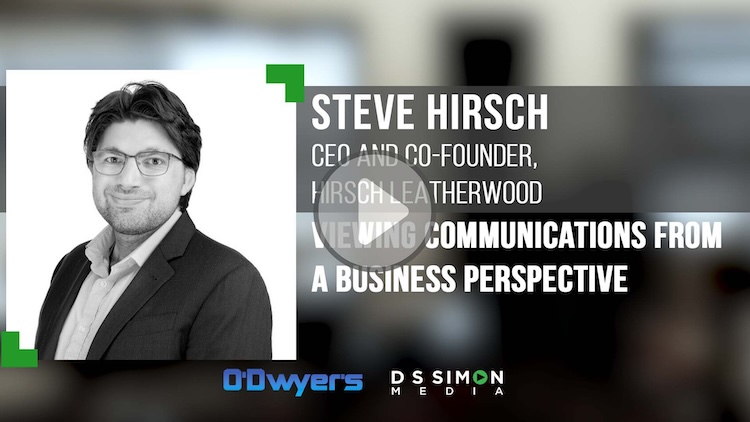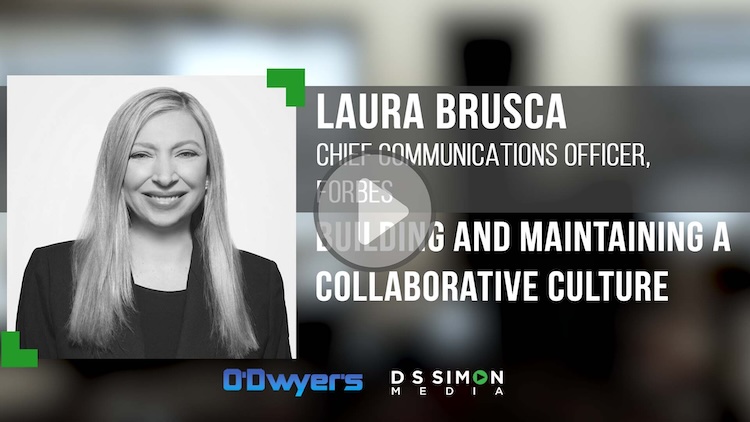|
|
In court cases, plaintiffs and defendants are often scrupulously warned by judges not to influence the ultimate verdict outside the courtroom, especially by seeking positive publicity.
Fat chance.
In the 21st century, with social media, cable news, talk radio and traditional media incessantly jabbering about possible trials, upcoming trials and current trials, there is little guarantee that any jury — or a judge, for that matter — can be objective about any high-profile legal case.
That’s why litigation public relations has become so important.
Litigation public relations can best be defined as managing the media process during the course of any legal dispute to affect the outcome or its impact on the client’s overall reputation.
Here’s how it works.
Say you’ve been retained by a character as despicable as one can imagine, like Justin Ross Harris, the “father” accused two years ago of intentionally leaving his 22-month-old son Cooper for seven hours to die in a hot Atlanta S.U.V. Last week, with his murder trial to begin in April, Harris was also charged with sexual exploitation of underage girls.
And that’s when Harris’ attorney, Maddox Kilgore, initiated his litigation public relations strategy to plead his client’s case in public and influence the court’s ultimate decision.
Said attorney Kilgore,“It is clear that these allegations are wholly unrelated to the accidental death of Cooper Harris,” adding that the curious timing of the new charges “signals the state’s desperation to convict Ross of the worst mistake any of us as parents could make.”
The lawyer’s statements, of course, were designed to begin to plant a seed of doubt that his reprehensible client may simply have been victimized by an accidental case of forgetfulness.
Smart 21st century lawyers, like Kilgore, understand that with social media, the Internet and cable TV being so pervasive, they have little choice but to engage in litigation public relations to provide their clients with every advantage.
Perhaps the most notable proponent of litigation public relations is none other than Los Angeles celebrity attorney Robert Shapiro, who hasn’t suffered nearly as much from representing O.J. Simpson as he has from John Travolta’s creepy impersonation of him representing O.J. Simpson.
Shapiro, part of the “dream team” that sprung Simpson from an almost-certain guilty verdict in his 1995 front-page murder trial, has said the following about the importance of public relations to the outcome of a trial.
- “The importance and power of the media cannot be overemphasized. The first impression the public gets is usually the one that is most important.”
- “‘No comment’ is the least appropriate and least productive response. Coming at the end of a lengthy story, it adds absolutely nothing and leaves the public with a negative impression.”
- “The lawyer’s role as spokesperson may be equally as important to the outcome of a case as the skills of an advocate in the courtroom.”
Counselor Shapiro added that few lawyers possess the “education, experience, or training” required of a competent spokesperson. And that’s why every high profile legal case needs a public relations professional to help orchestrate effective litigation public relations.
* * *
Fraser P. Seitel has been a communications consultant, author and teacher for 40 years. He may be reached directly at [email protected]. He is the author of the Prentice-Hall text The Practice of Public Relations, now in its 12th edition, and co-author of Rethinking Reputation and Idea Wise.











 Have a comment? Send it to
Have a comment? Send it to 
No comments have been submitted for this story yet.